What to Expect at Your First Dental Visit?

First Dental Visit Overview
Importance of Early Dental Visits
The timing of a child’s first dental visit is crucial for establishing a foundation for a lifetime of good oral health. Experts recommend that children should visit the dentist within six months of their first tooth erupting or by their first birthday. Proactive dental care at an early age helps prevent tooth decay, ensures proper growth and development, and assists in forming a positive relationship with dental healthcare.
Early appointments are fundamental to assess various factors, including:
| Key Aspects | Importance |
|---|---|
| Monitoring Development | Ensures teeth and jaws are developing correctly |
| Preventing Decay | Early intervention can prevent future dental issues |
| Building Comfort | Familiarizes the child with the dental environment |
According to the American Academy of Pediatric Dentistry, early visits help establish a child’s comfort with the dentist, making them more likely to continue regular check-ups.
Duration of a First Dental Appointment
The duration of the first dental appointment typically varies based on the individual case but generally lasts between 30 to 60 minutes. This initial visit allows for a thorough examination and serves multiple purposes:
| Appointment Component | Estimated Duration |
|---|---|
| Comprehensive Examination | 15 to 30 minutes |
| Hygiene Visit and Cleaning | 10 to 20 minutes |
| Discussion of Care | 5 to 10 minutes |
During this time, the dentist will conduct a comprehensive examination of the teeth, gums, and overall oral health. They may also take X-rays if necessary, though these are not commonly required for baby teeth. An open discussion about home care practices and any concerns can take place, providing valuable guidance for the parents or guardians.
Understanding what to expect at your first dental visit is important not just for children but for adults as well. Regular check-ups play a vital role in maintaining oral health—visit our dedicated page for insights on how to find the best dental clinic near you?.
Preparing for Your First Visit
Preparing for a first dental appointment can help alleviate any uncertainties and ensure a smooth experience. There are specific instructions to follow before the appointment, as well as forms to complete upon arrival.
Specific Instructions Before the Appointment
Before attending a dental appointment, patients may need to follow certain guidelines. These can include avoiding food and drink for a specified period of time. It is advisable for patients to consult with their dentist’s office for any specific instructions pertinent to their individual situation (Open Wide La Jolla Dentistry). Following these directives can enhance the effectiveness of diagnostic procedures during the visit.
| Instruction Type | Recommended Action |
|---|---|
| Avoid food and drink | Consult with the dental office for timeframes |
| Medication adjustments | Inform your dentist about any medications in advance |
Completing Necessary Forms
Upon arrival at the dental office, the staff typically request that patients complete necessary forms. These may include medical history questionnaires and consent forms. This is crucial for ensuring that accurate information is provided about the patient's oral health, medical history, and any specific concerns they may have.
Patients may also have the opportunity to fill out digital informational packets online before the appointment. This can save time on the day of the visit by gathering personal information, informed consent, dental history, medical history, and insurance details in advance (Oakville Dental).
Being prepared not only streamlines the appointment process but also allows both the patient and dental team to focus on what truly matters: maintaining optimal oral health. For more information on what to expect during a first visit, refer to our article on what to expect at your first dental visit?.
What to Expect During the Visit
Understanding what to expect during the first dental appointment is crucial for reducing anxiety and ensuring a smooth experience. This section will outline the key components of the visit, including a comprehensive dental exam, the hygiene visit and cleaning, as well as X-rays and diagnostic procedures.
Comprehensive Dental Exam
The first part of the dental visit typically involves a comprehensive examination of oral health. This exam allows the dentist to assess the condition of the teeth, gums, and oral tissues. During the examination, the dentist will perform a visual inspection and may use specialized tools to check for signs of tooth decay, gum disease, or other potential issues.
The examination is thorough, often including:
- Inspection of the teeth for cavities and damage
- Evaluation of the gums for signs of gum disease
- Check for abnormalities in the oral tissues
- Assessment of your dental history
This comprehensive exam also helps in creating a baseline for your future dental health. If any issues are identified, the dentist will discuss them and suggest possible treatments.
Hygiene Visit and Cleaning
After the comprehensive exam, the hygiene visit typically follows. A dental hygienist will conduct a professional cleaning of the teeth, which usually involves the following steps:
- Scaling: This step involves removing plaque and tartar buildup from the teeth, particularly in areas that are difficult to reach.
- Polishing: After scaling, the hygienist will use a polisher and abrasive toothpaste to smooth the surfaces of your teeth and remove any remaining stains.
- Fluoride Treatment: In many cases, a fluoride treatment may be applied to help strengthen the enamel and prevent cavities.
A routine cleaning not only improves the appearance of teeth but also contributes to overall oral health.
X-rays and Diagnostic Procedures
X-rays are a standard part of the first dental visit. They provide a clear view of the underlying structures of the teeth and gums. X-rays can help identify issues that may not be visible during a visual inspection, such as:
- Cavities and potential decay
- Impacted teeth
- Bone loss or cysts
This diagnostic tool enables the dentist to detect problems early, leading to more effective treatment planning (Open Wide La Jolla Dentistry). Modern dental practices use advanced X-ray technology to ensure minimal exposure and maximum accuracy.
The experience during your first dental visit can set the tone for your future dental care. By being aware of these components, patients can approach the appointment with confidence. If you're interested in what services a good dental clinic should offer, check out our article on what services should a good dental clinic offer?.
Patient Experience and Comfort
Navigating a dental visit can be a challenge for some individuals. Understanding the aspects of the patient experience can significantly enhance comfort during the appointment.
Bringing a Support Person
Patients often find it beneficial to bring a family member or friend to their first dental appointment. The presence of a support person can provide emotional reassurance and help ease any anxiety related to the visit. Having someone familiar nearby can make the experience feel less intimidating, allowing patients to focus on their dental health. This is particularly useful for first-time dental visitors or those who have had negative experiences in the past.
Addressing Anxiety and Concerns
Dental anxiety is common among patients, which is why it's important to address any concerns ahead of time. Dentists often encourage patients to communicate their feelings and worries before the appointment. This proactive approach allows dental professionals to tailor the experience to fit individual needs, ensuring comfort throughout the visit.
To further mitigate anxiety, patients may also inquire about various options available for a more pleasant experience, such as:
| Comfort Options | Description |
|---|---|
| Sedation Dentistry | Reduces awareness and discomfort during the procedure |
| Relaxation Techniques | Breathing exercises or music to help patients calm down |
| Kid-Friendly Environment | Pediatric practices often include fun and interactive elements to keep children comfortable and engaged (Innovative Pediatric Dentistry) |
Understanding what to expect at your first dental visit can alleviate many concerns and enhance the overall experience. It's beneficial for patients to do research and communicate with their dental provider about any specific needs or preferences. Additionally, finding the right dental clinic that offers comfort-related services can significantly impact the visit's outcome. For more information about selecting the right dental clinic, visit our article on how to find the best dental clinic near you?.
Pediatric Dental Visits
Ideal Timing for Children's First Visit
The timing of a child's first dental visit is crucial for their oral health. The American Academy of Pediatric Dentistry recommends that children have their first dental check-up no later than their first birthday. Ideally, a child should visit the dentist within six months after their first tooth erupts, or by the age of 12 months at the latest. These early appointments help ensure a child's comfort with dental visits, monitor growth and development, and include a gentle cleaning if necessary.
To prepare children for their first visit, parents should maintain a calm demeanor and discuss the importance of dental visits. Morning appointments can often reduce anxiety, as children are typically more alert and less fearful at this time.
| Age Range | Recommended Action |
|---|---|
| 6 months - 1 year | First dental visit (after first tooth emerges) |
| By 1 year | Ensure comfort and monitor initial growth and development |
Interactive and Child-Friendly Dental Offices
Pediatric dental practices create a welcoming and fun environment specifically for children. These offices often feature child-themed treatment rooms designed to make young patients feel at ease. Amenities may include entertainment options such as cinema and arcade games, toys, books, and iPads. Such engaging surroundings help foster positive associations with dental visits.
Touring the dental office before the appointment can be beneficial for younger patients. Familiarizing children with the environment, sights, and sounds can significantly reduce anxiety during the actual visit. Parents should consider scheduling this preliminary tour to help ease any fears their child may have (Innovative Pediatric Dentistry).
For more information about choosing a good dental clinic that caters to families, see our article on benefits of a family dental clinic.
Tips for Children's Dental Care
Preparing Children for Dental Visits
Getting children ready for their first dental appointment is key to ensuring a positive experience. Parents are advised to schedule morning appointments to avoid any potential irritability from tiredness. It is important to discuss the benefits of dental visits with children in an age-appropriate manner. Staying calm during the visit provides essential moral support, as children can easily pick up on a parent's anxieties. Parents should avoid expressing fears or dislikes about dental visits in front of their children (Stanford Children's Health).
Consider engaging your child by introducing them to the dental office environment before their appointment. This can involve a simple visit to the office to show them the waiting area and the treatment rooms, these steps can help build their confidence and familiarity.
| Preparation Tips | Description |
|---|---|
| Schedule Morning Appointments | Children are generally more cooperative and less anxious in the morning. |
| Discuss the Visit | Explain the importance of dental care and what the dentist will do. |
| Stay Calm | Your calm demeanor can help reassure and comfort your child. |
| Familiarize with the Office | A brief visit to the dental office can alleviate fears. |
Home Care Practices for Kids
Establishing good oral hygiene practices at home is essential for maintaining children's dental health. Parents should begin brushing their child's teeth as soon as the first tooth erupts, which is typically within the first year of life. The use of a fluoridated toothpaste is highly recommended after the age of 2, but it is important to use only a small, pea-sized amount to avoid swallowing excessive fluoride.
In addition to brushing, parents should supervise their child's brushing until they are at least 7 or 8 years old. Flossing should also be introduced as soon as two teeth touch. Encouraging them to adopt these healthy habits early on can set the stage for a lifetime of good dental health.
| Home Care Tips | Recommendations |
|---|---|
| Start Early | Begin brushing when the first tooth appears. |
| Use Fluoride Toothpaste | Introduce fluoridated toothpaste around age 2. |
| Supervise Brushing | Parents should help until the child can brush effectively on their own (approx. age 7-8). |
| Introduce Flossing | Start flossing as soon as two teeth touch. |
Encouraging a positive attitude toward dental health at home complements the experience of visiting the dentist. Parents can also find additional resources or tips on the importance of regular dental care and how to choose the best options at the dentist by referring to articles like what to expect at your first dental visit?.
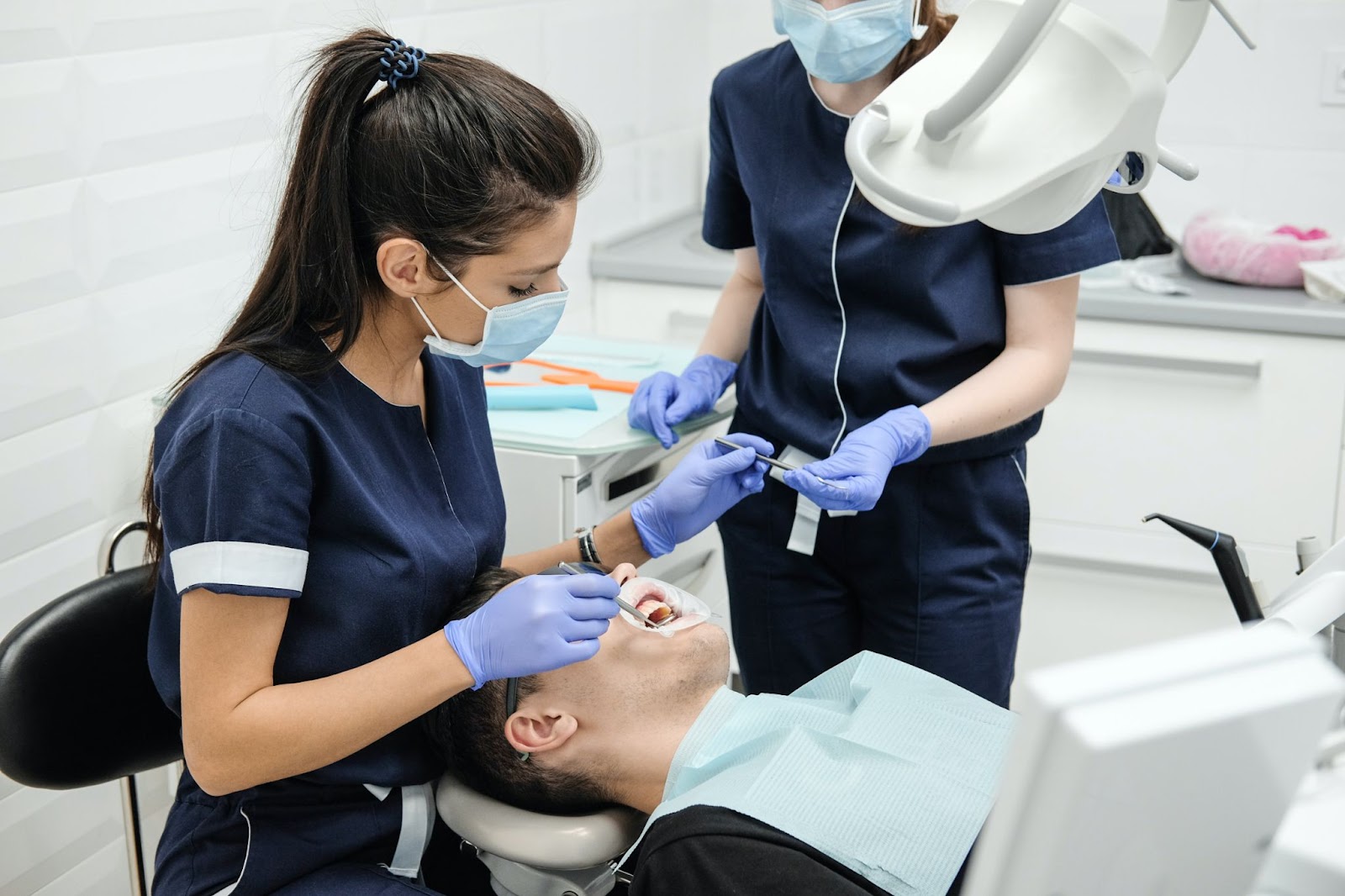


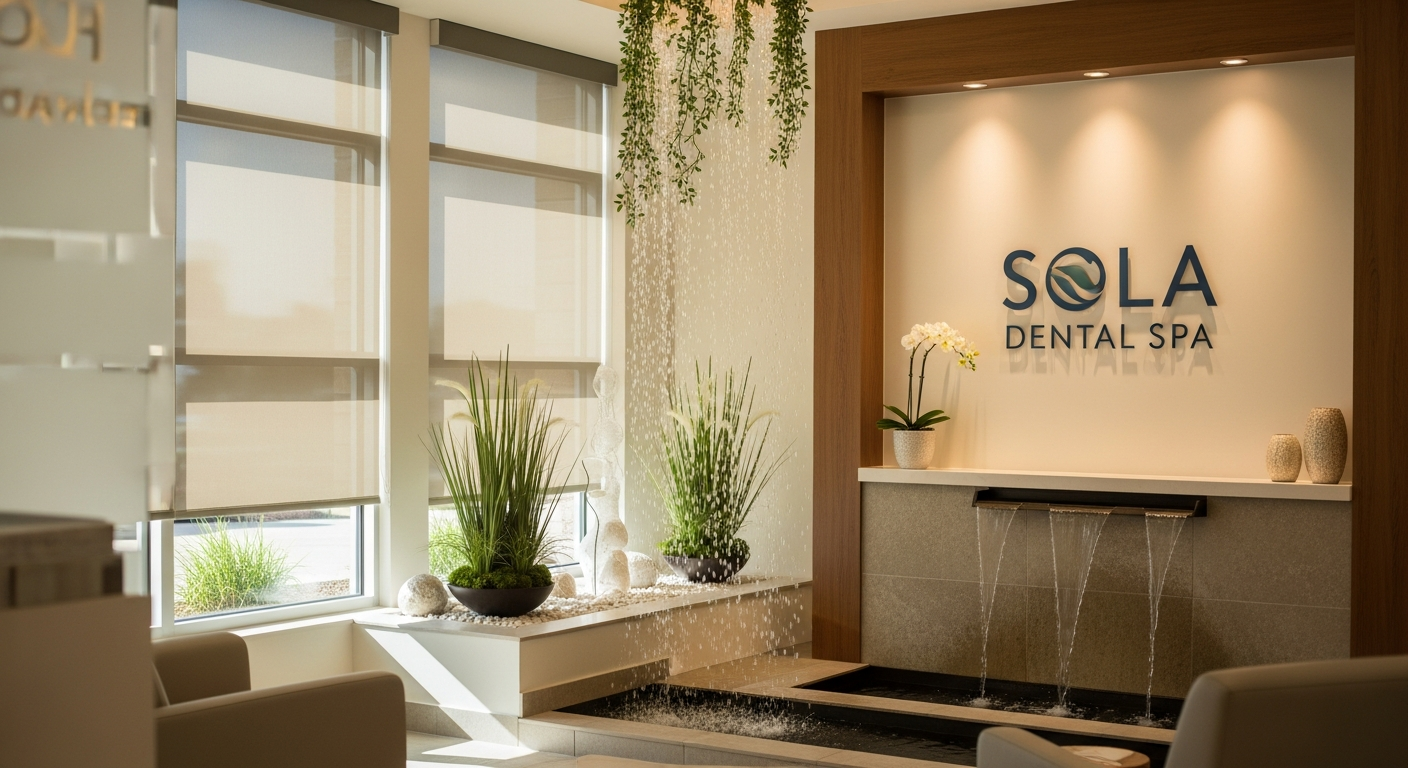
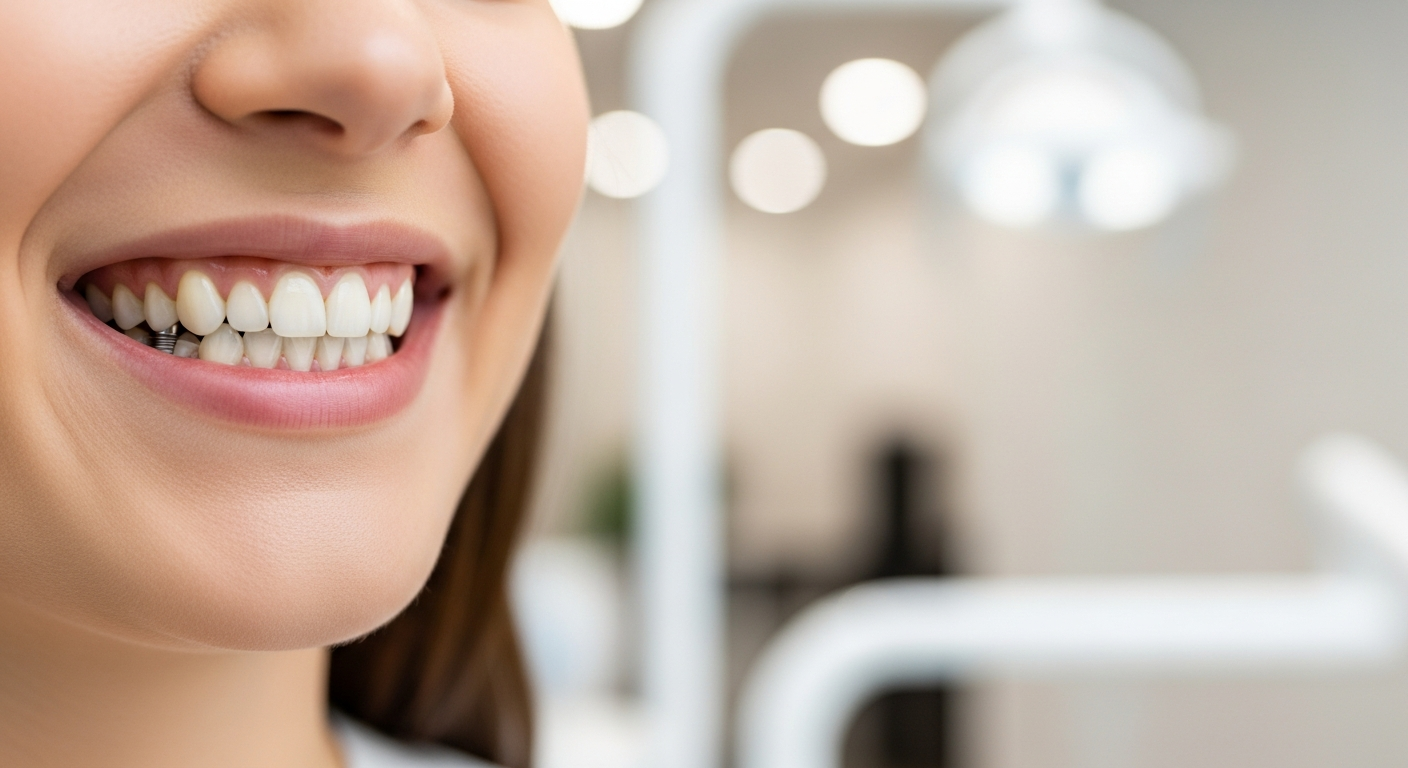
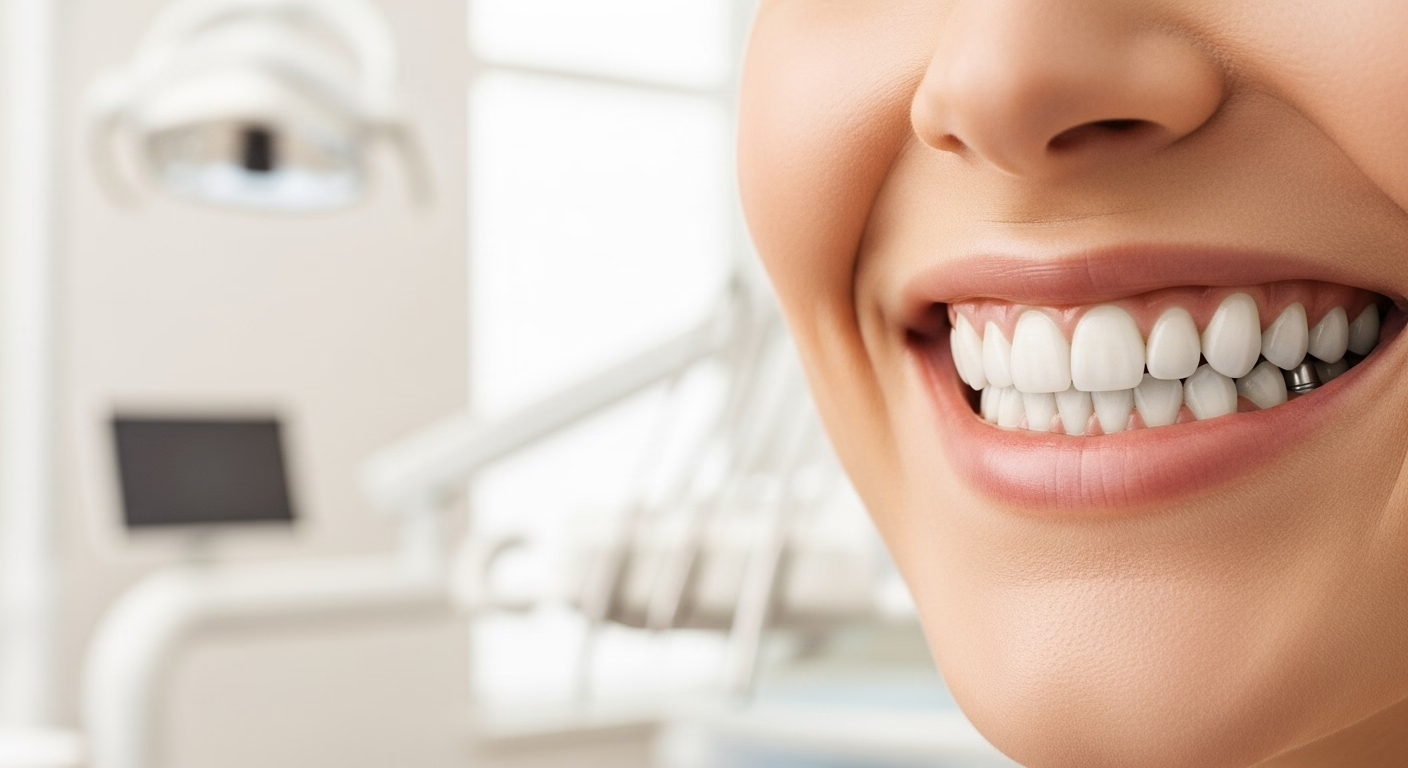
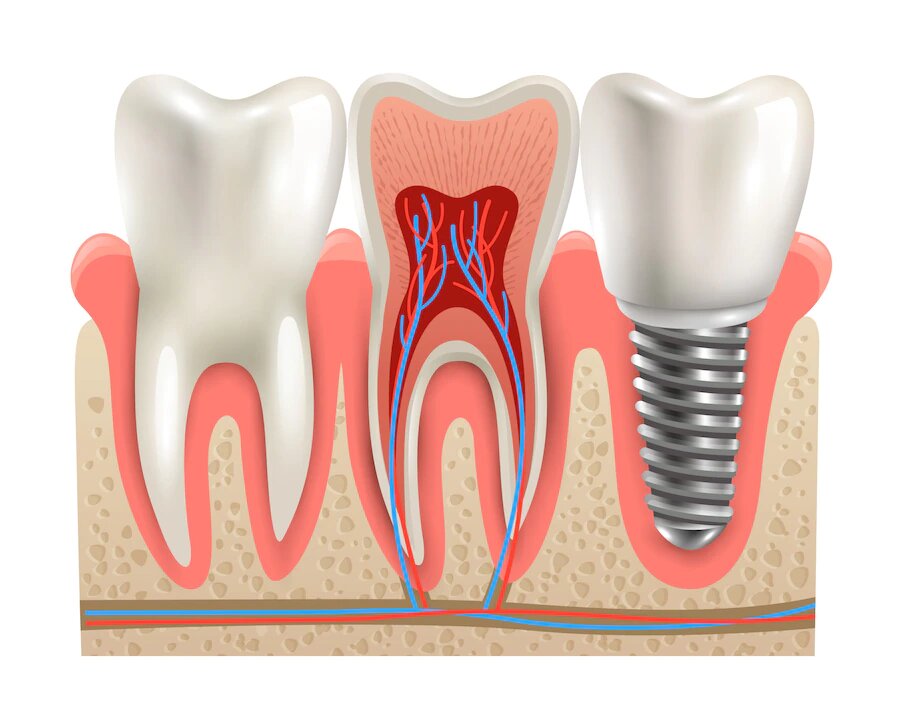
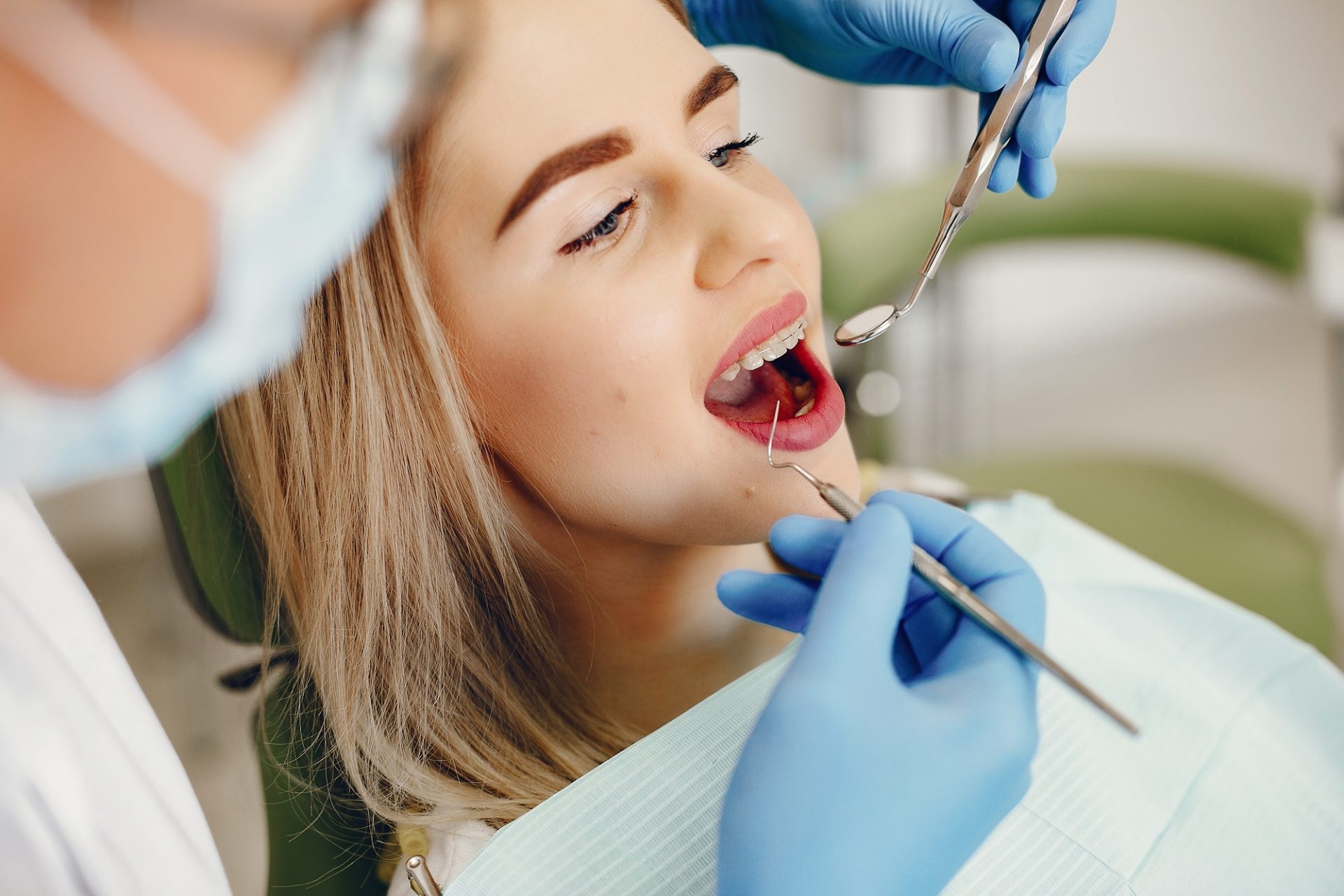



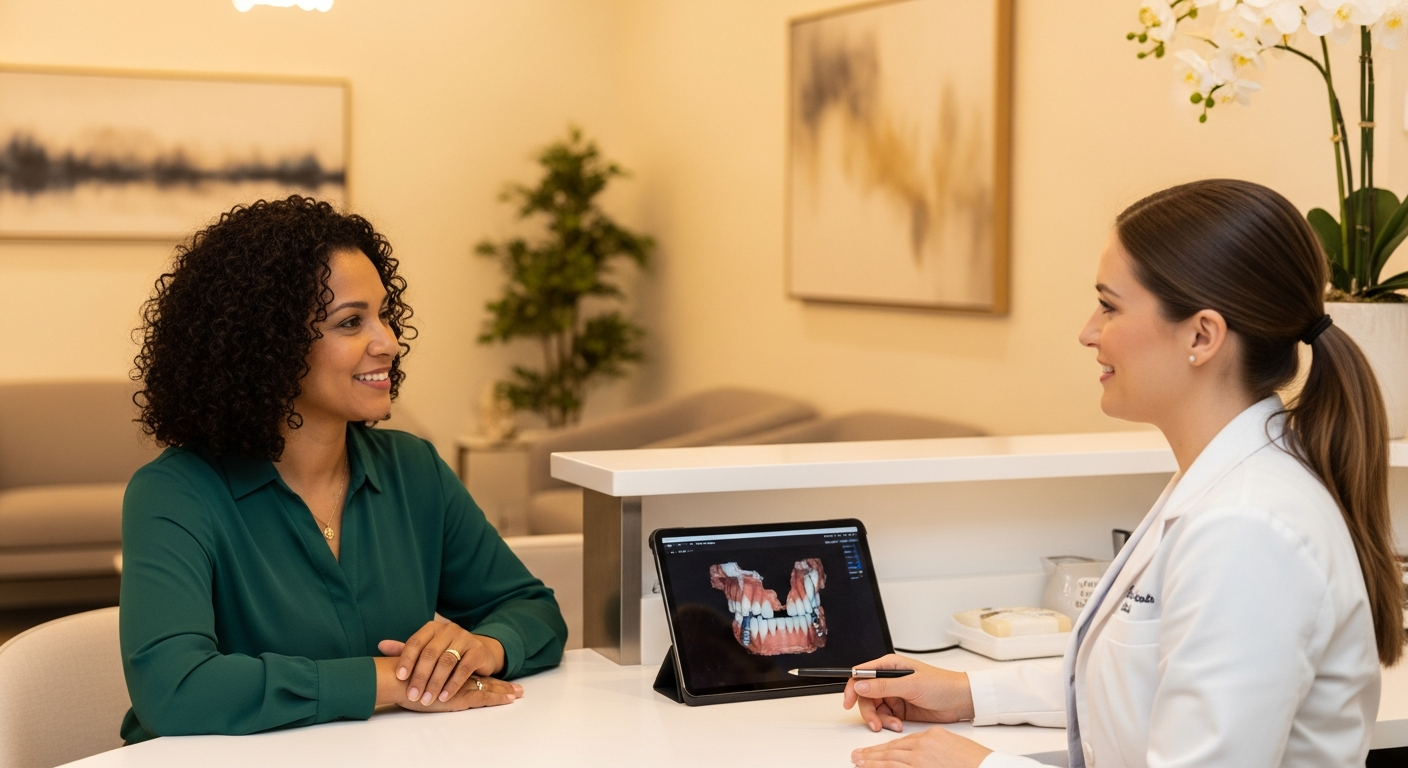



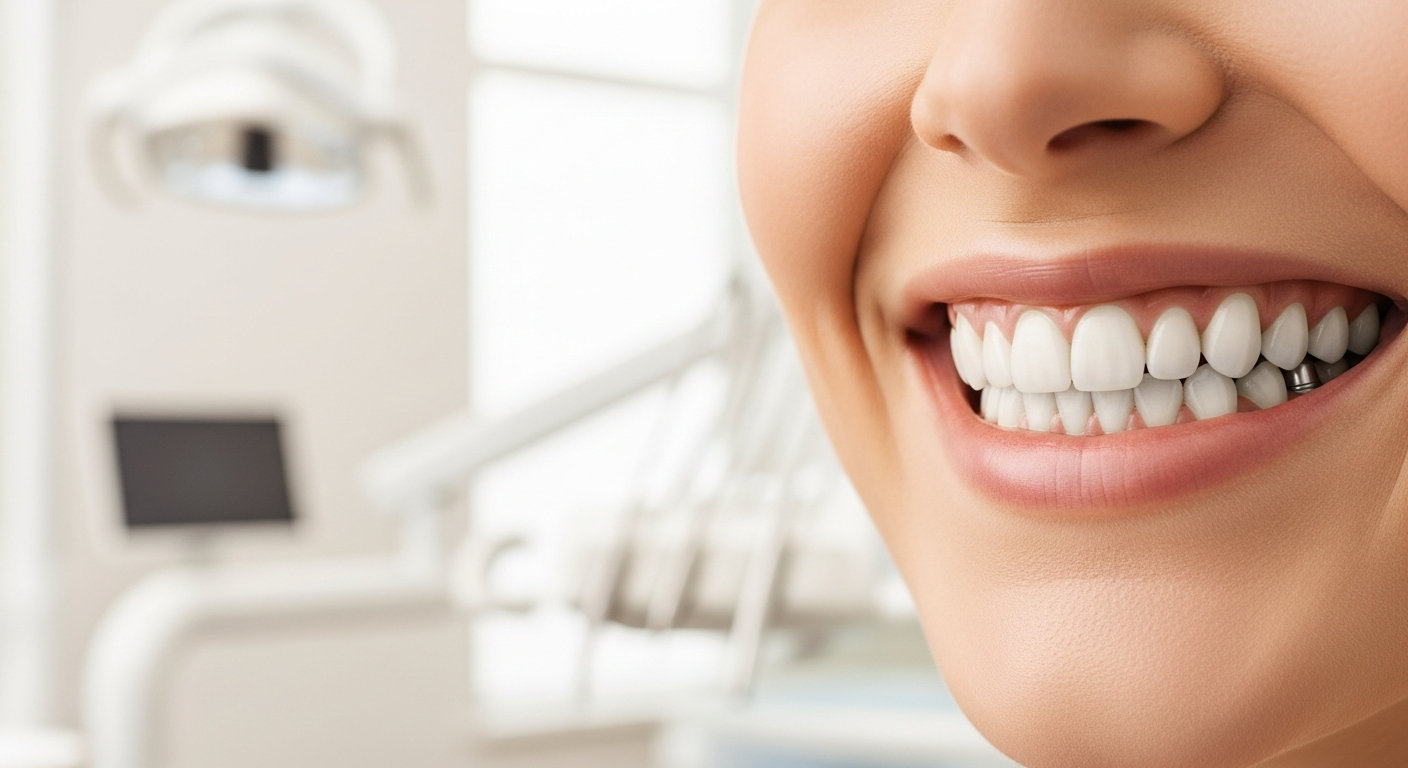

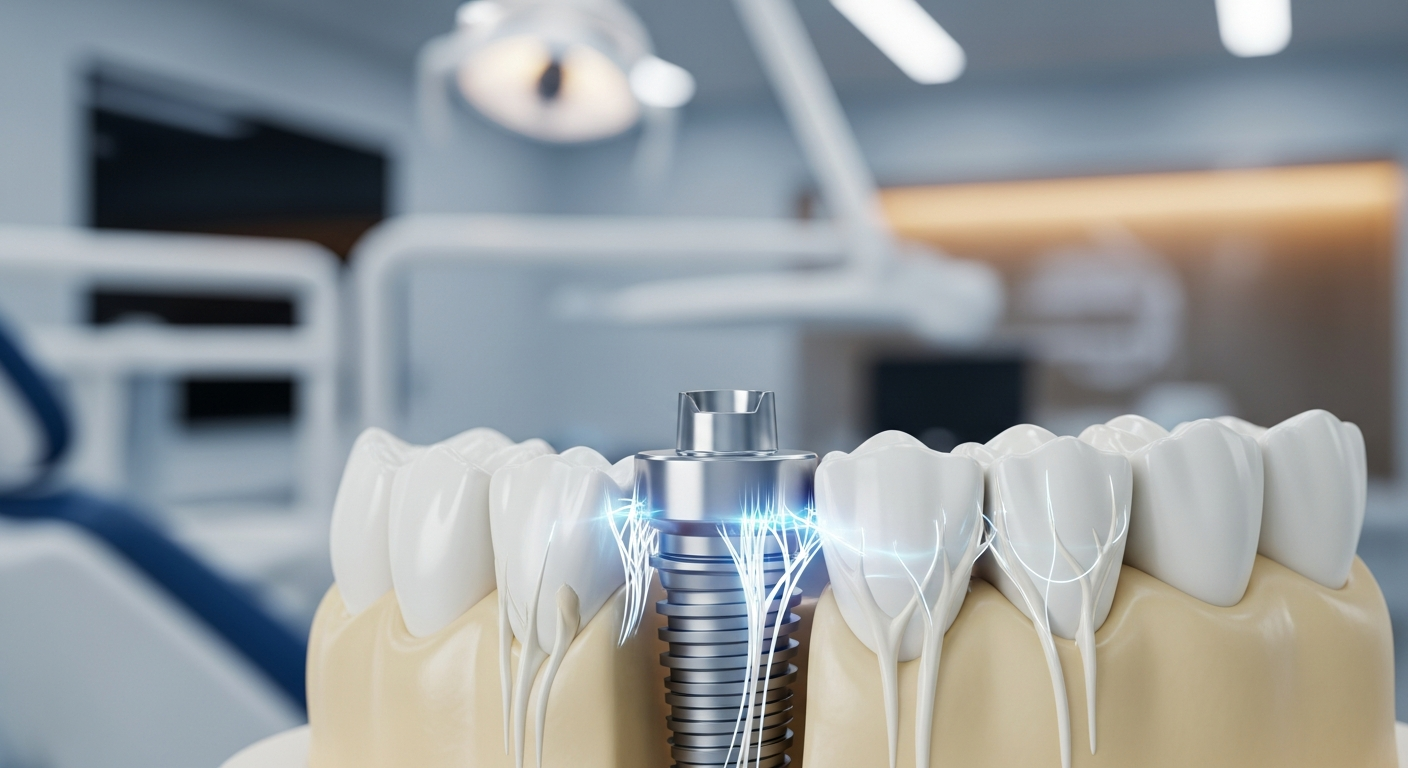
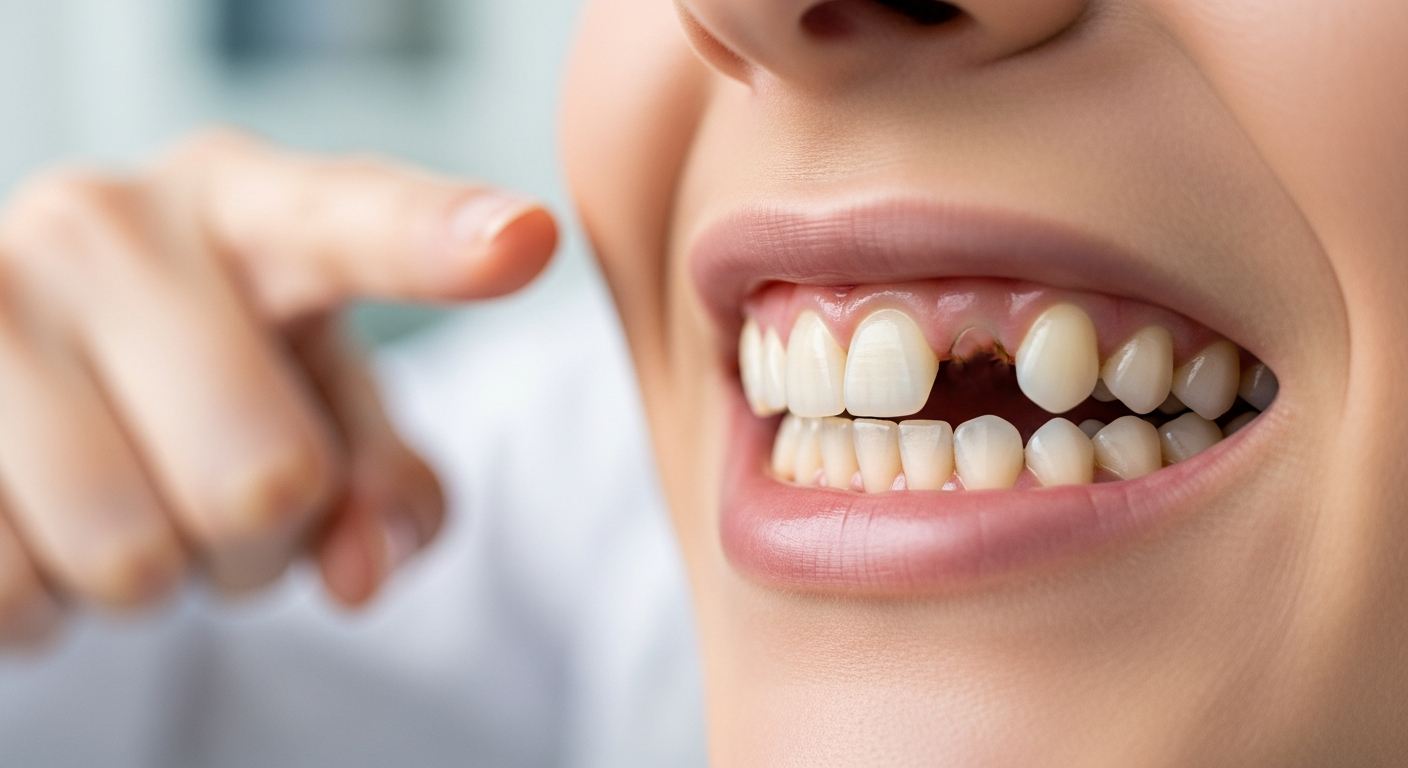




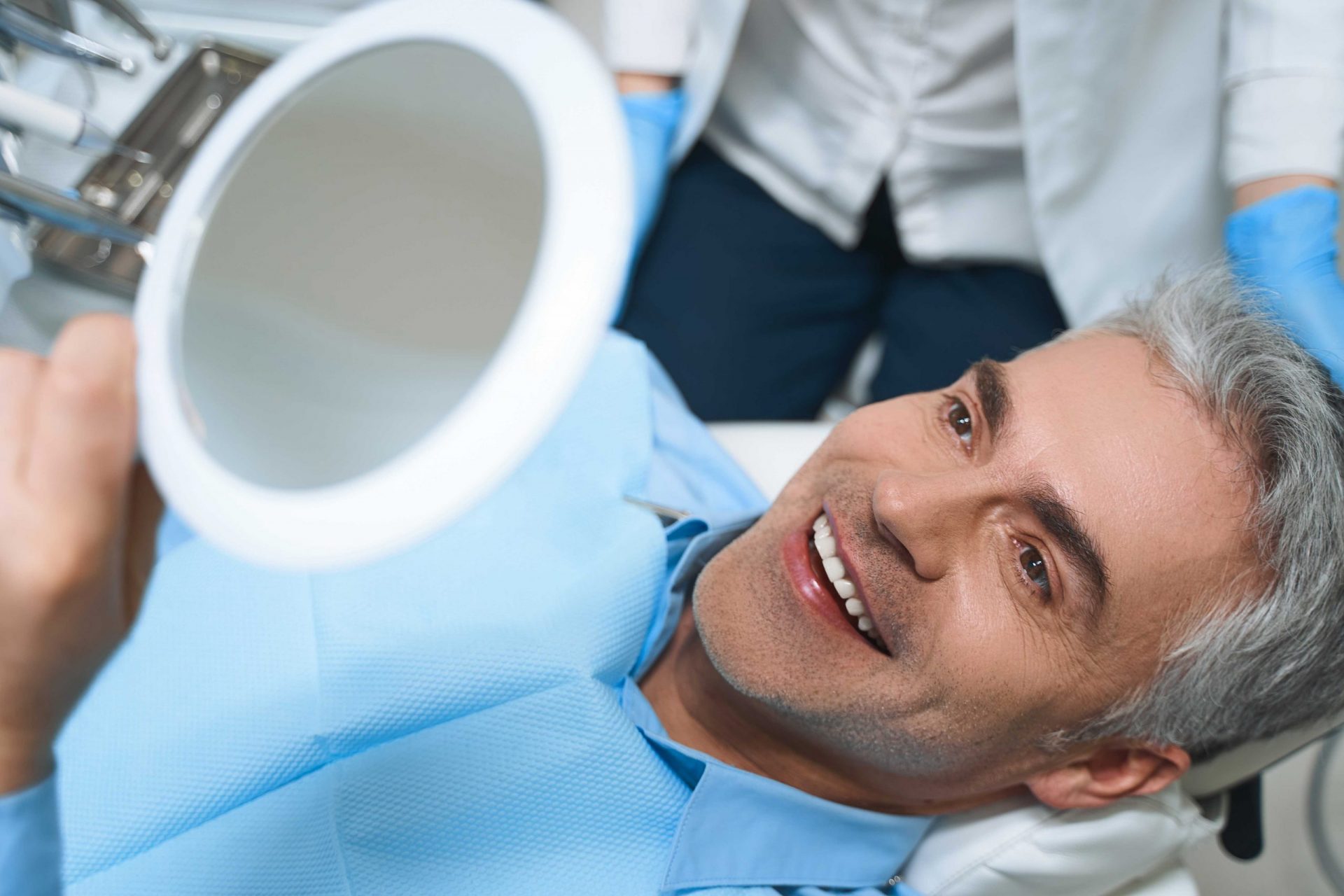
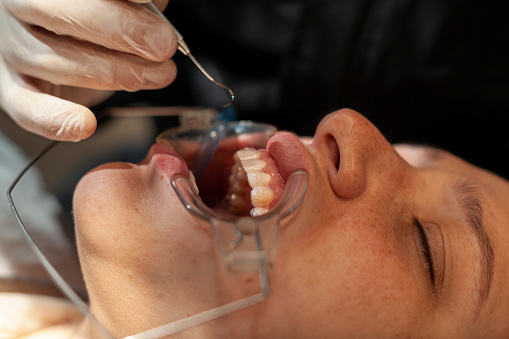

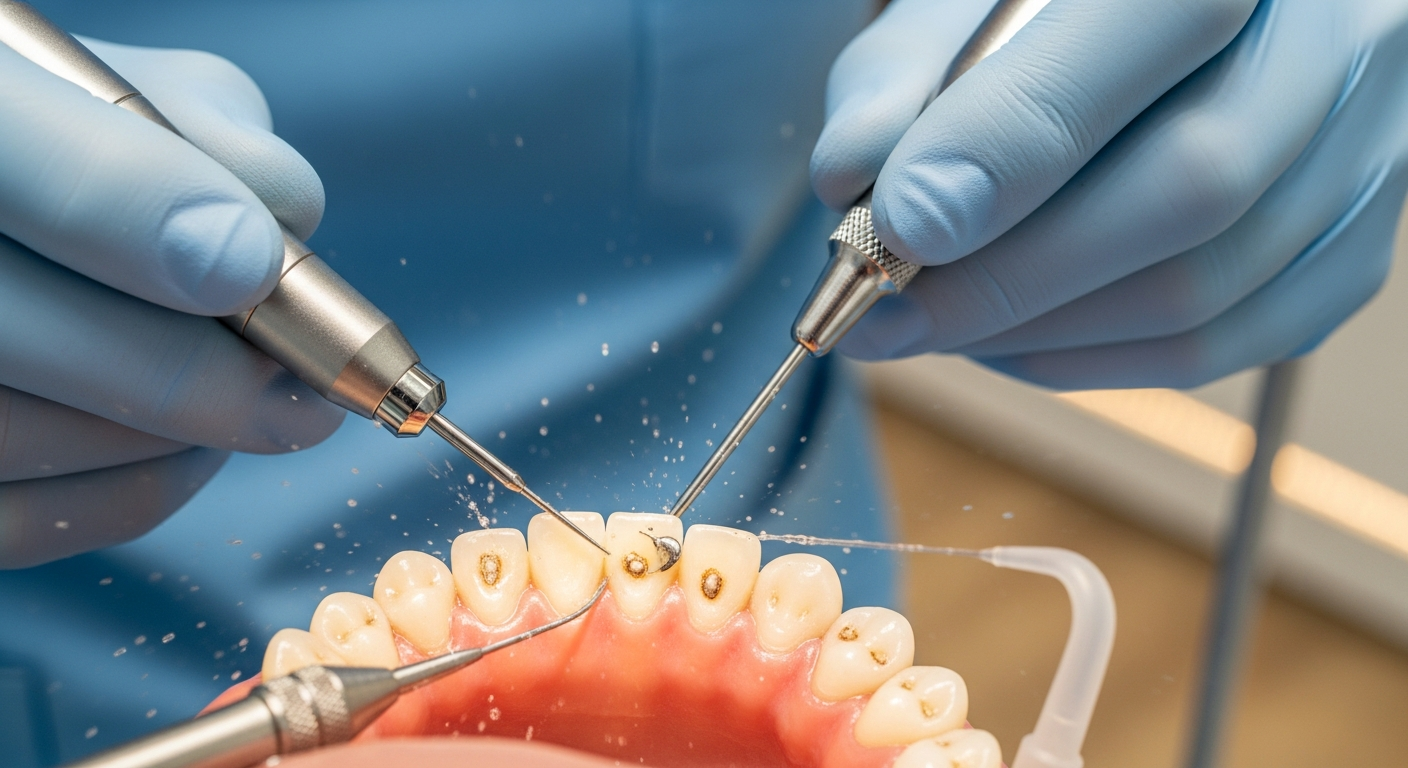

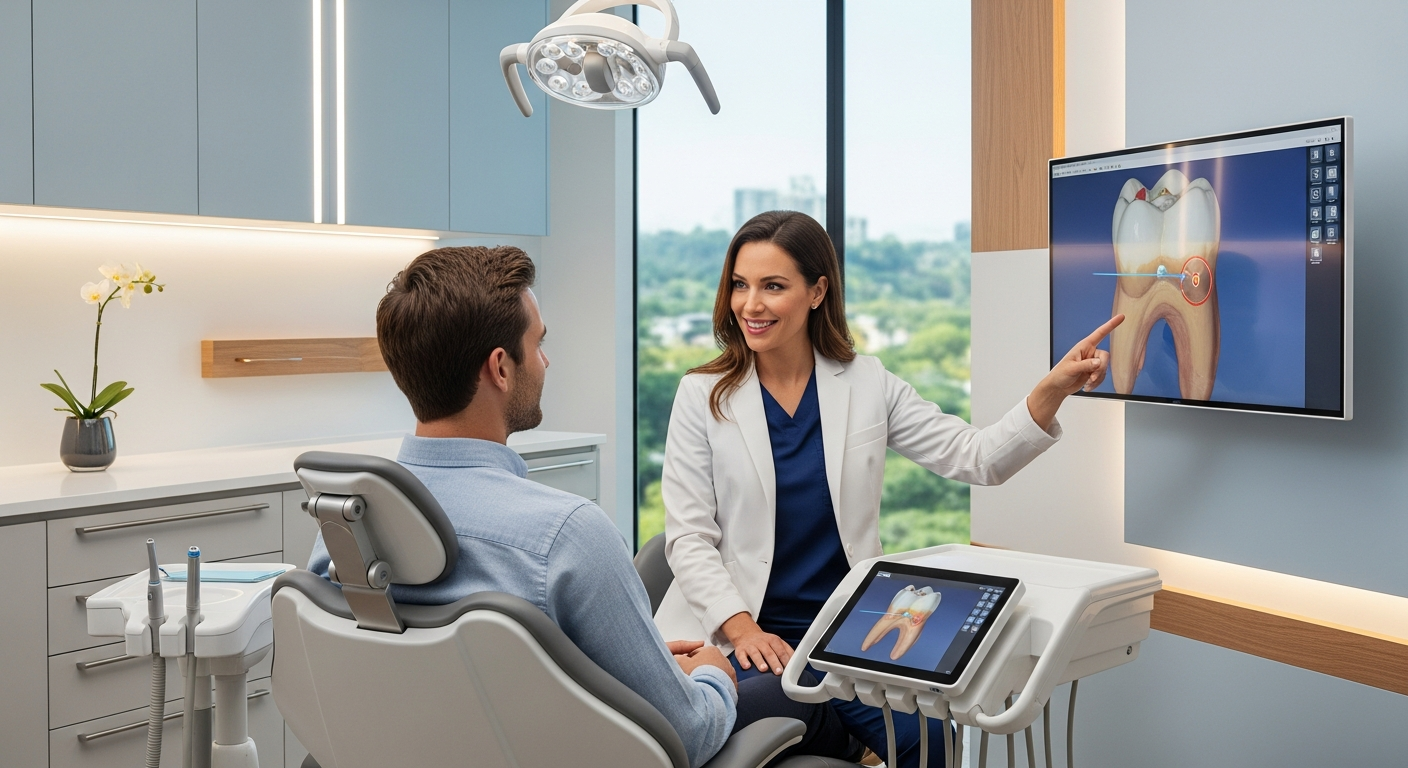
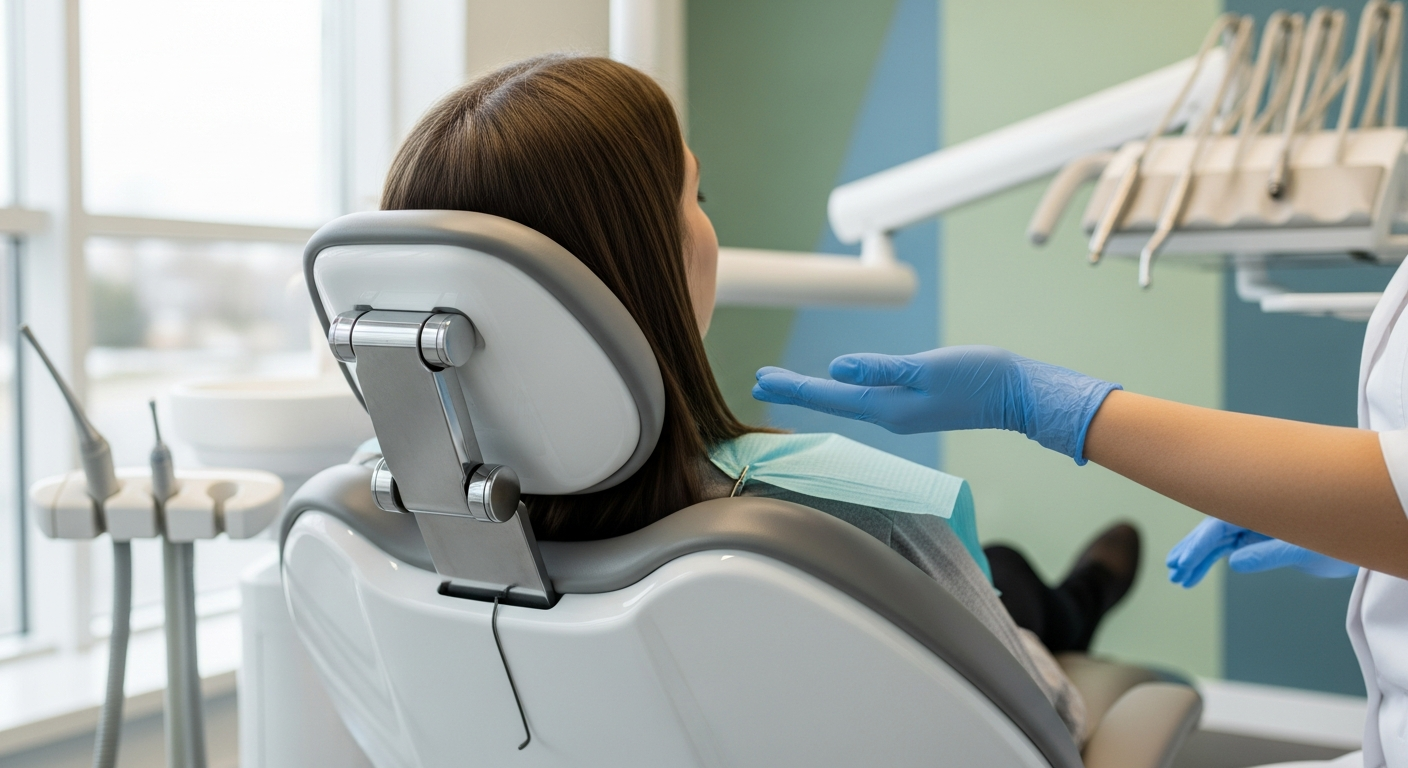

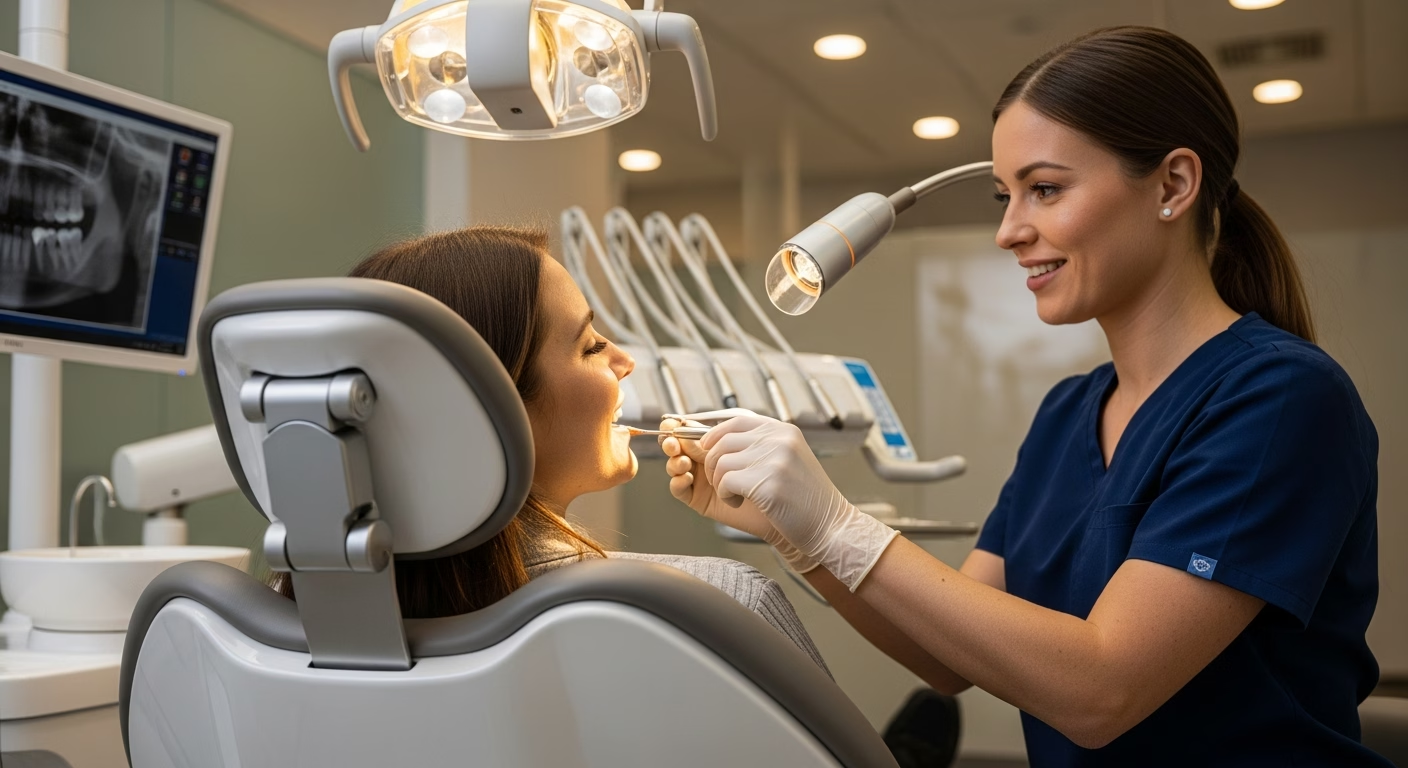
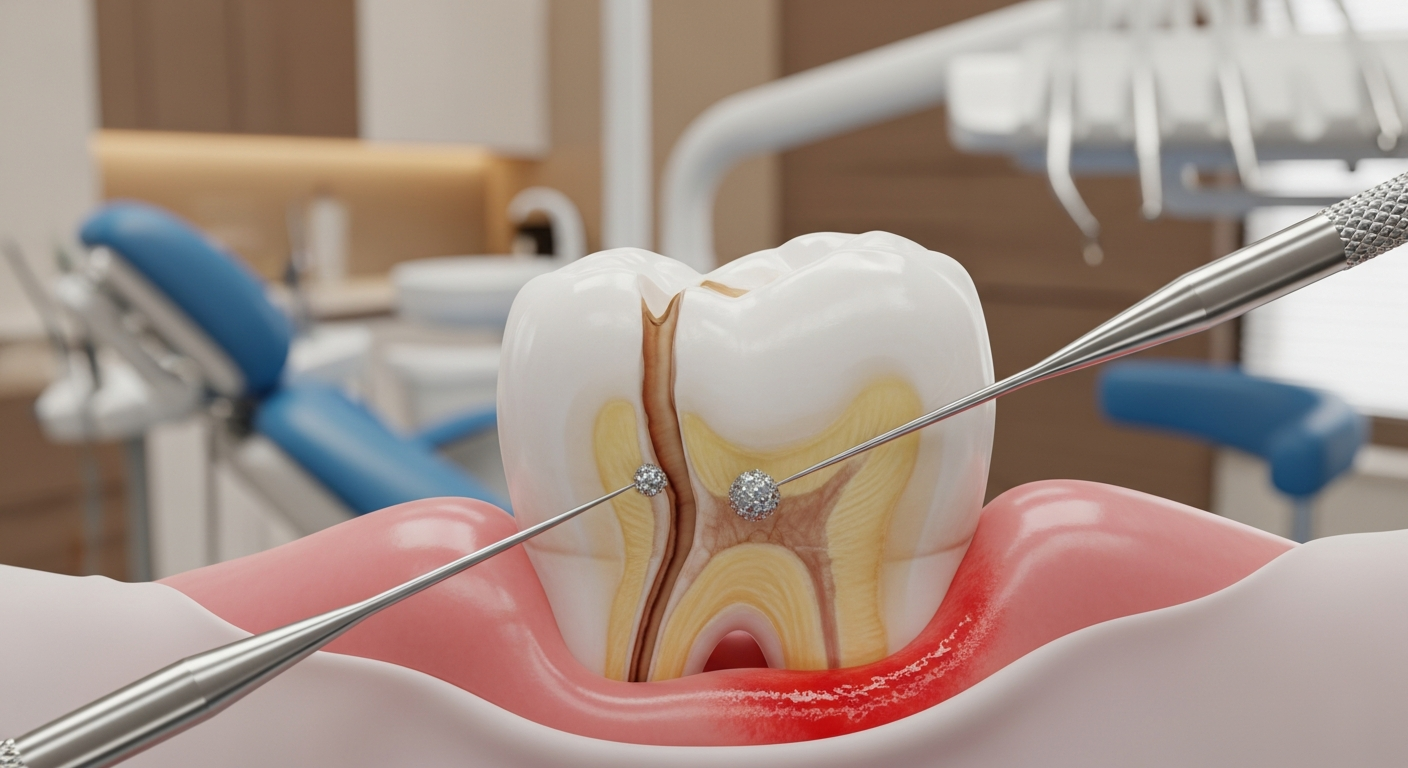



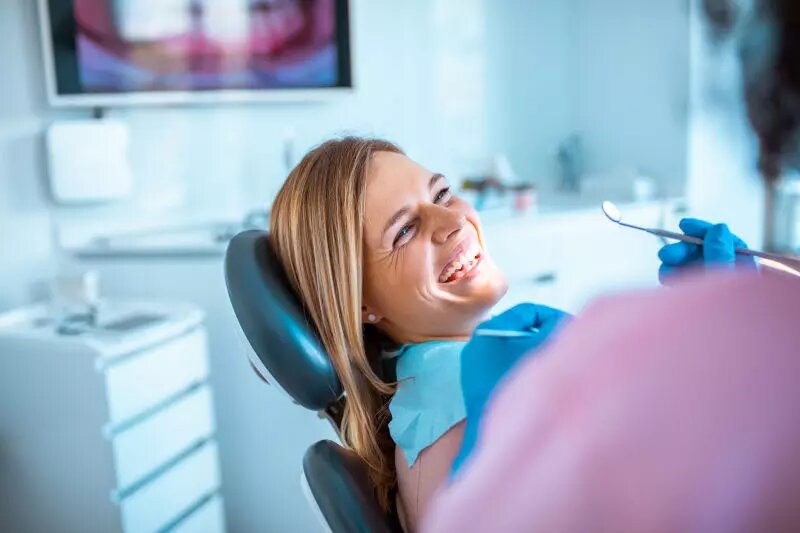
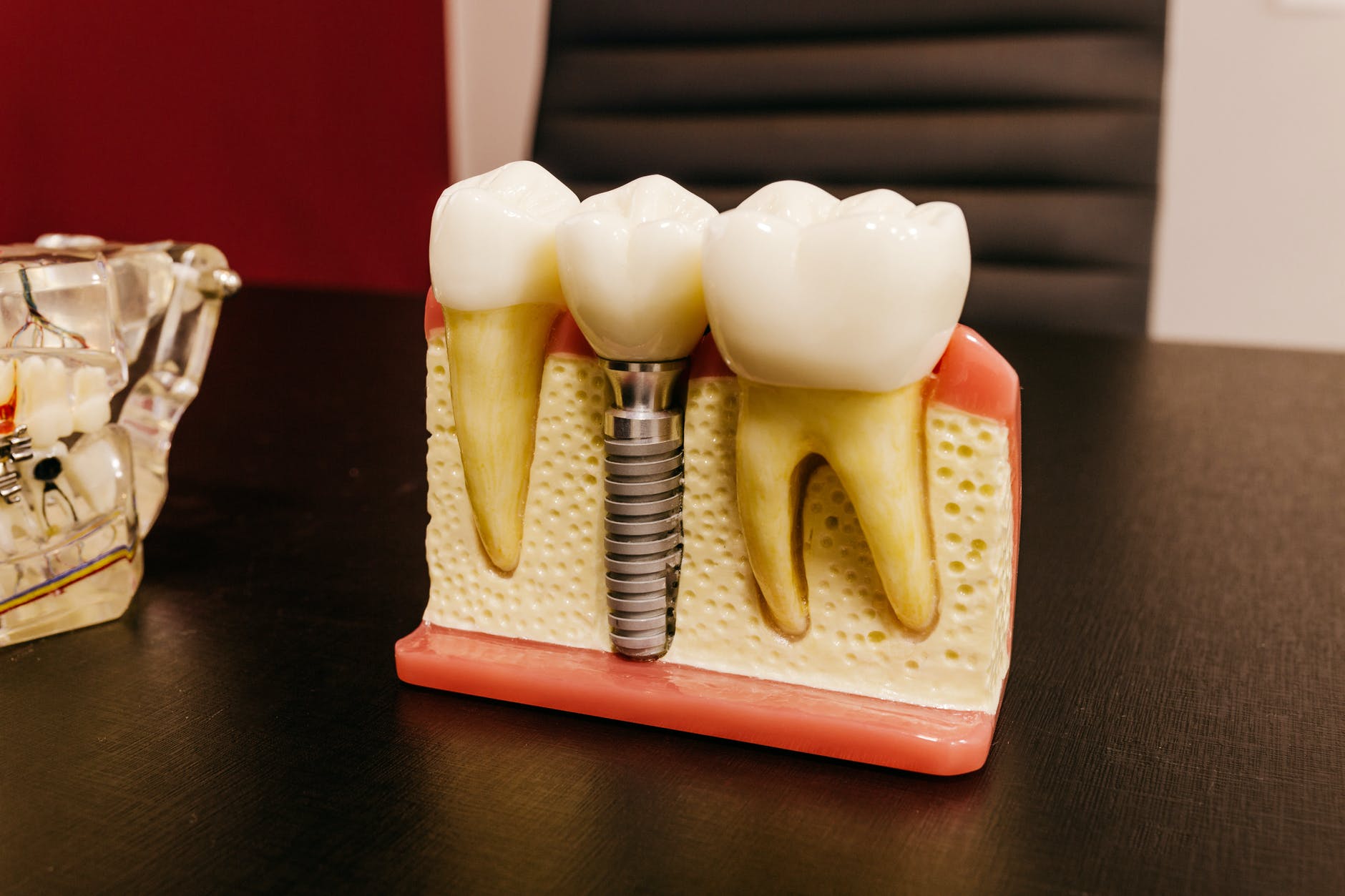


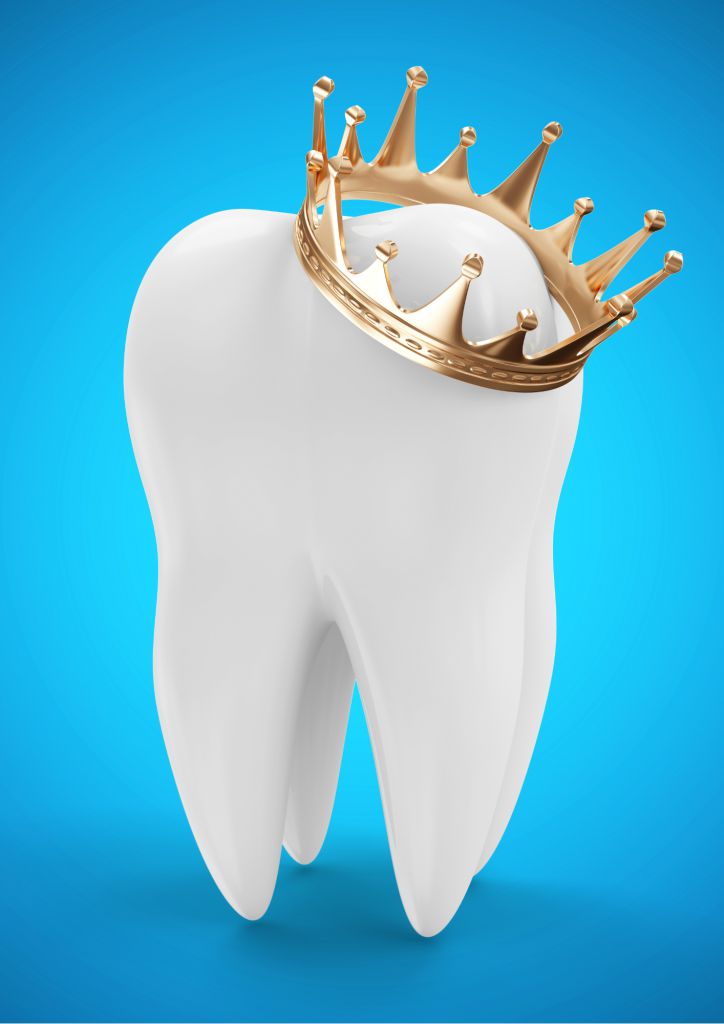



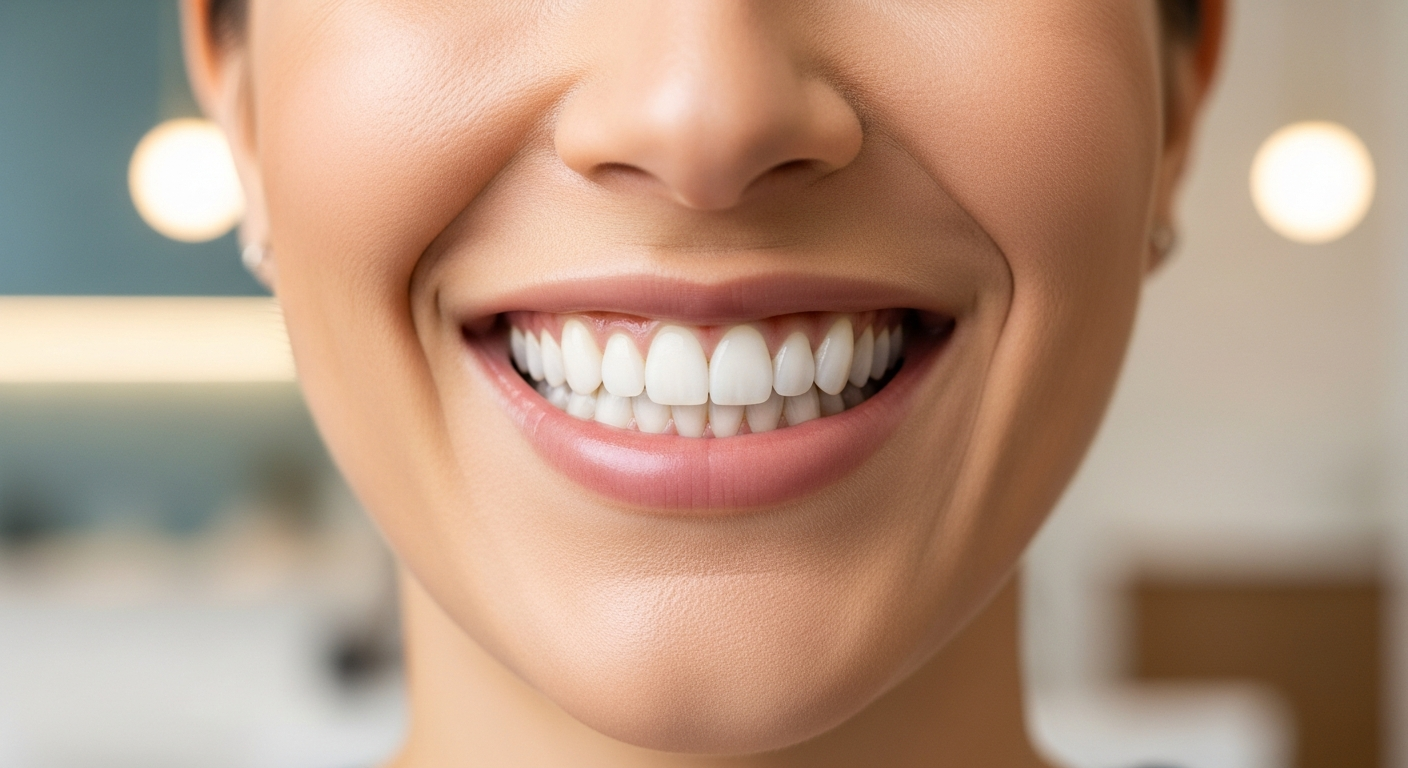



.avif)


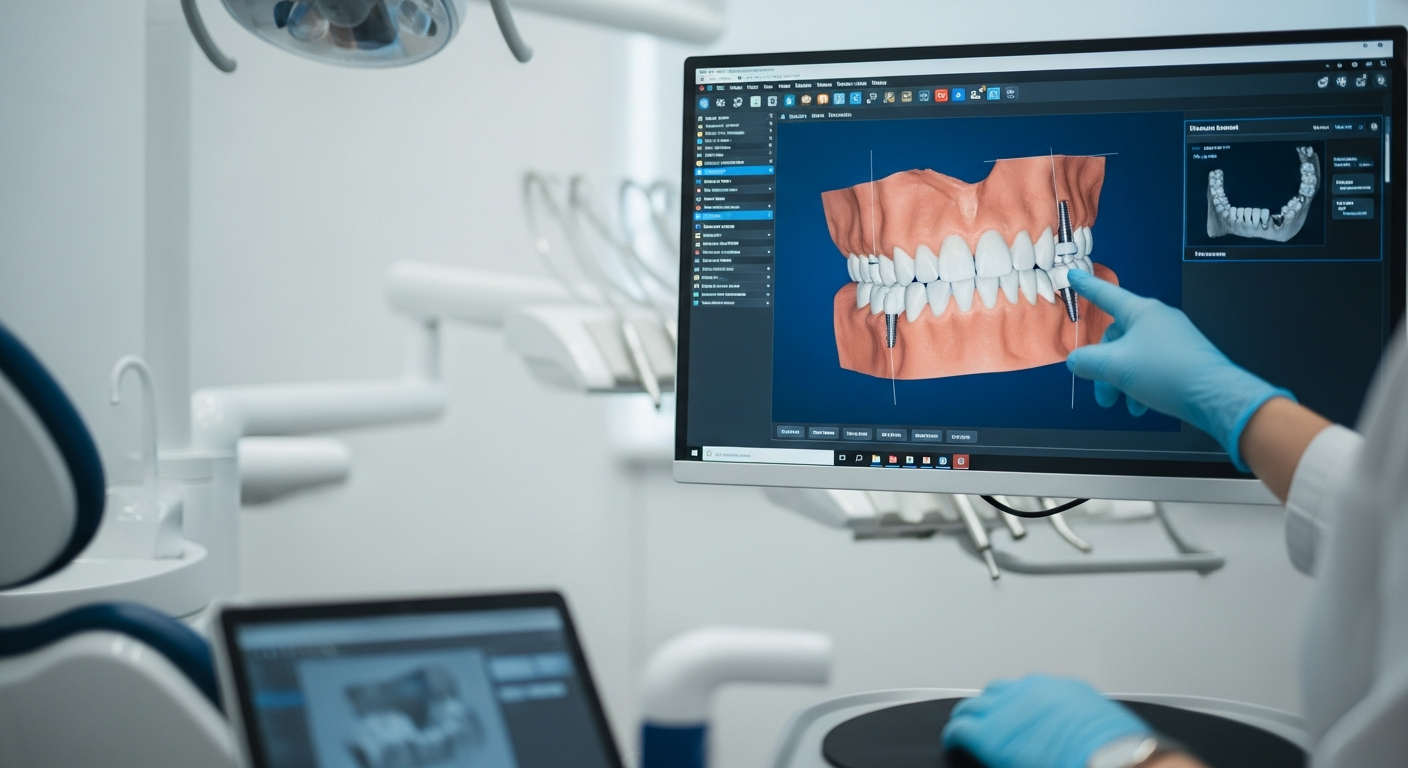

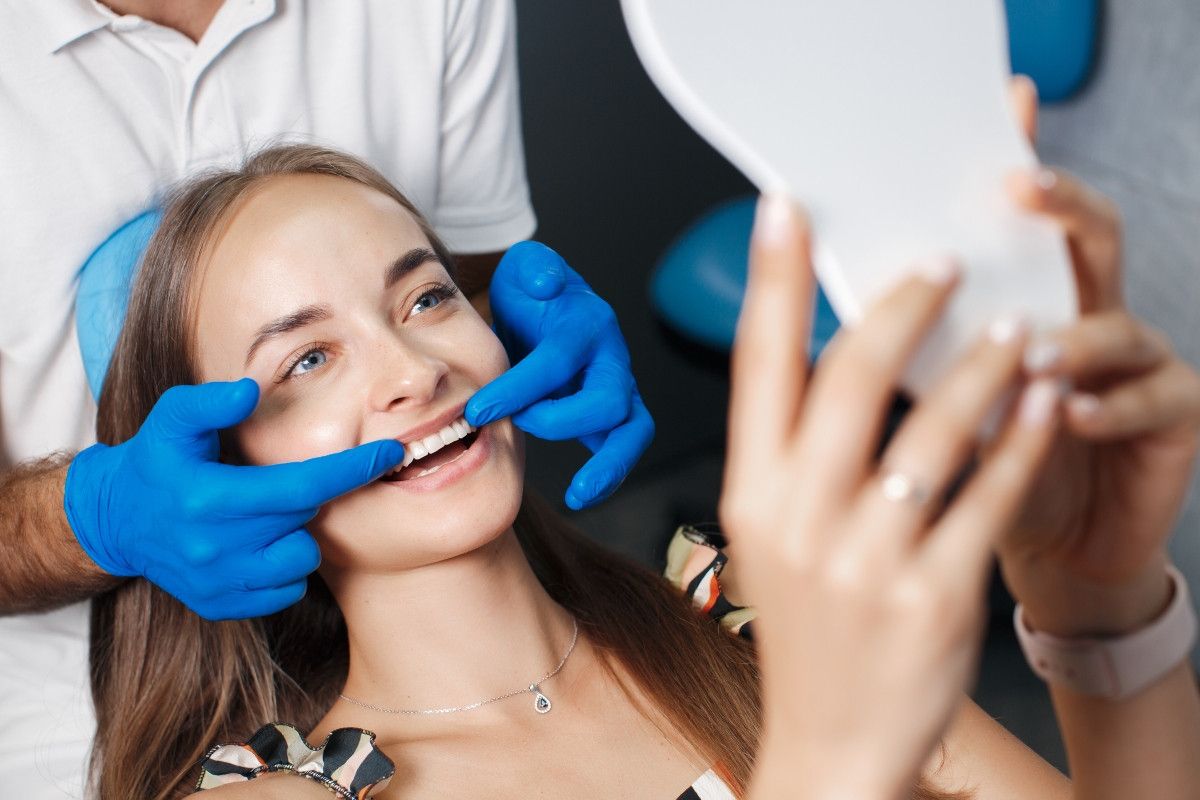

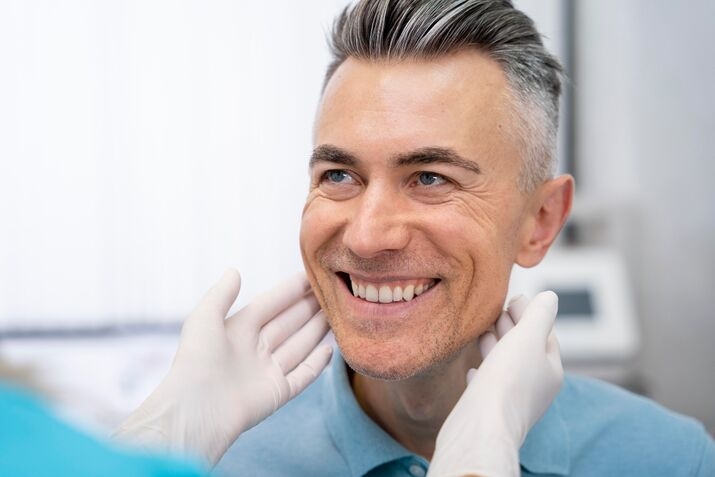
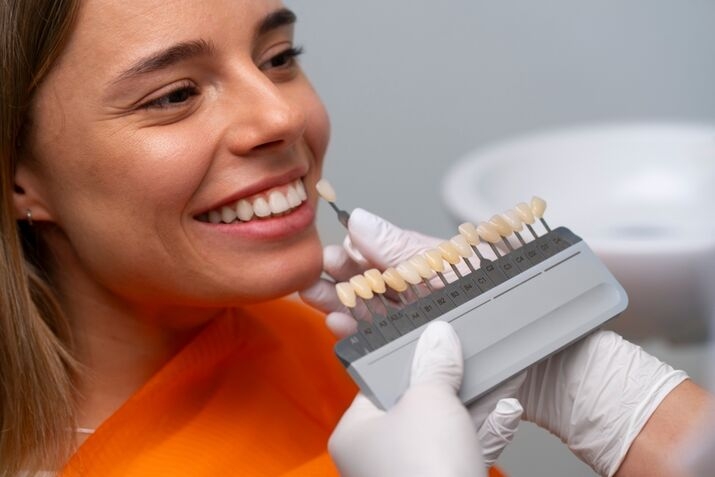
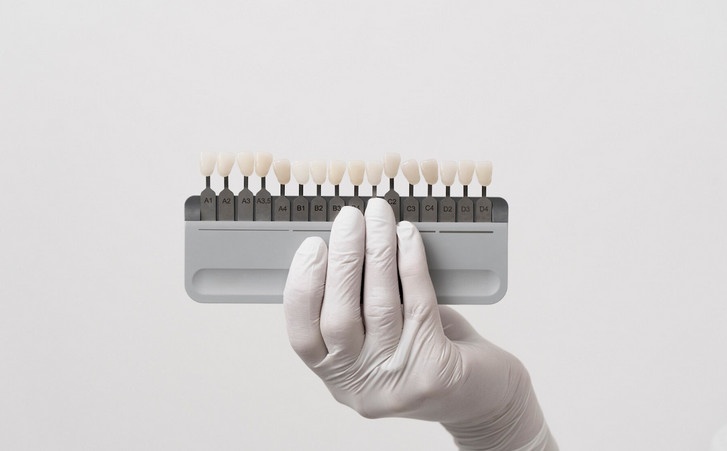

.jpg)


















.avif)


















.jpg)



